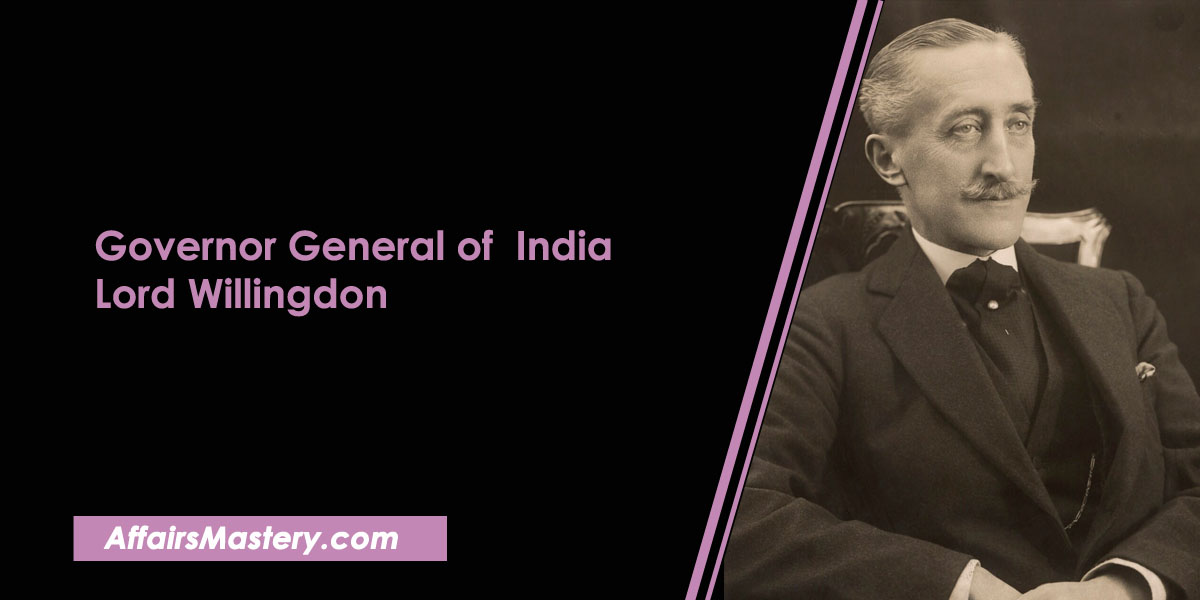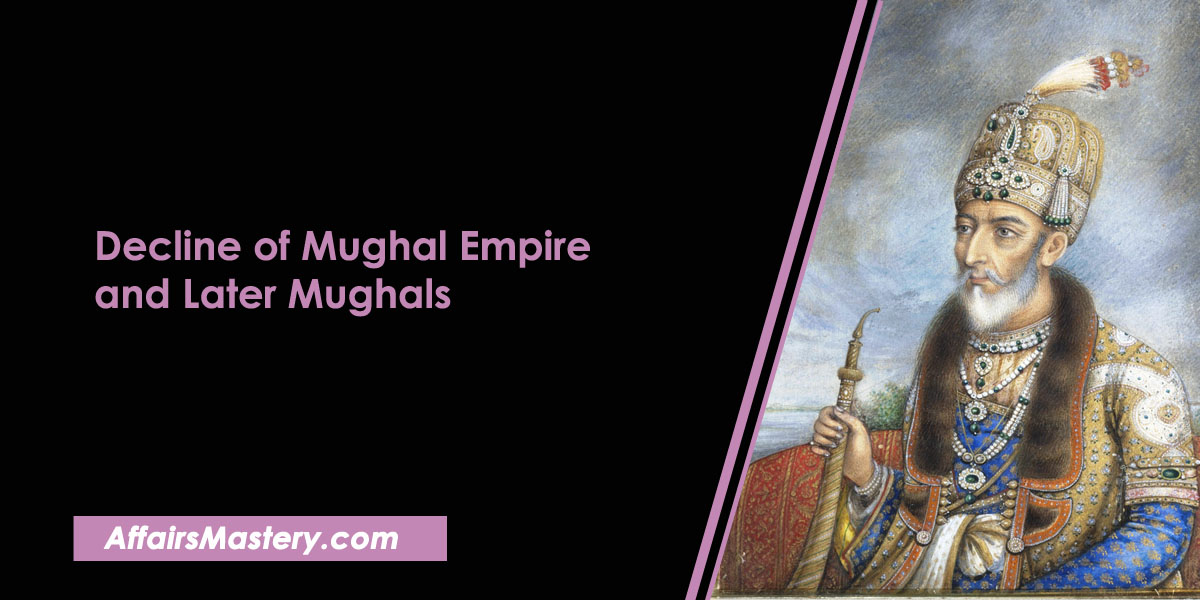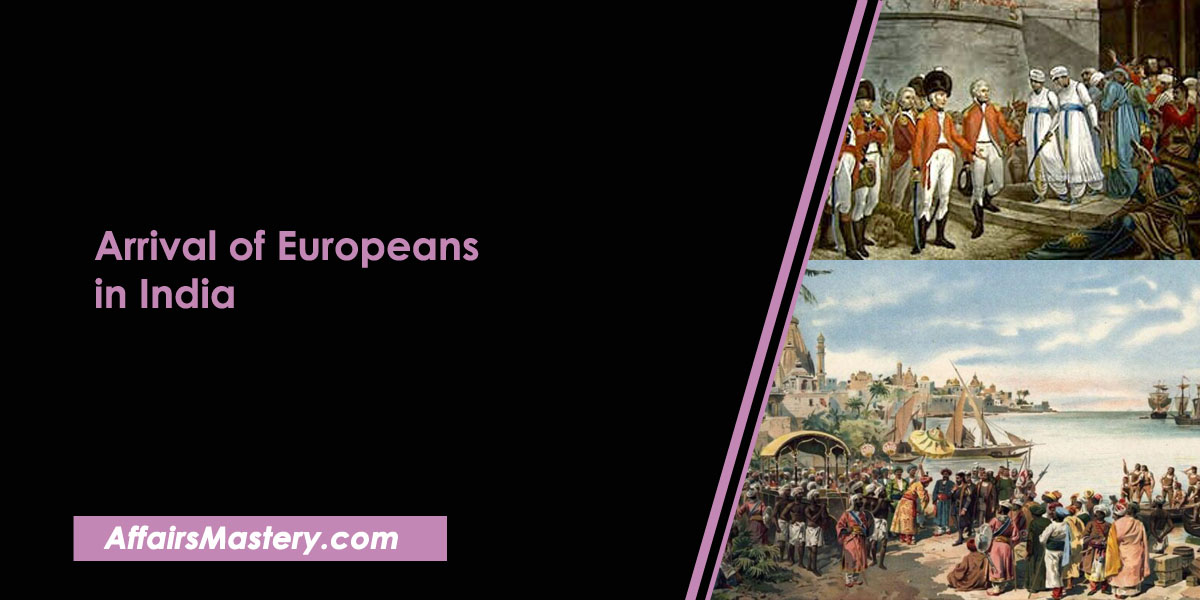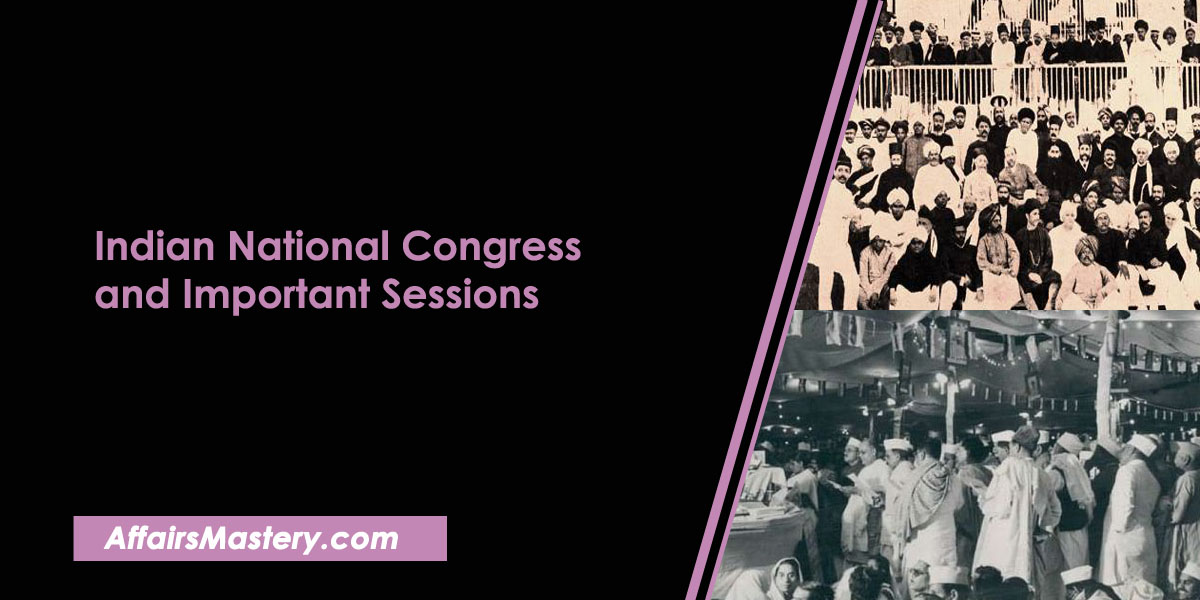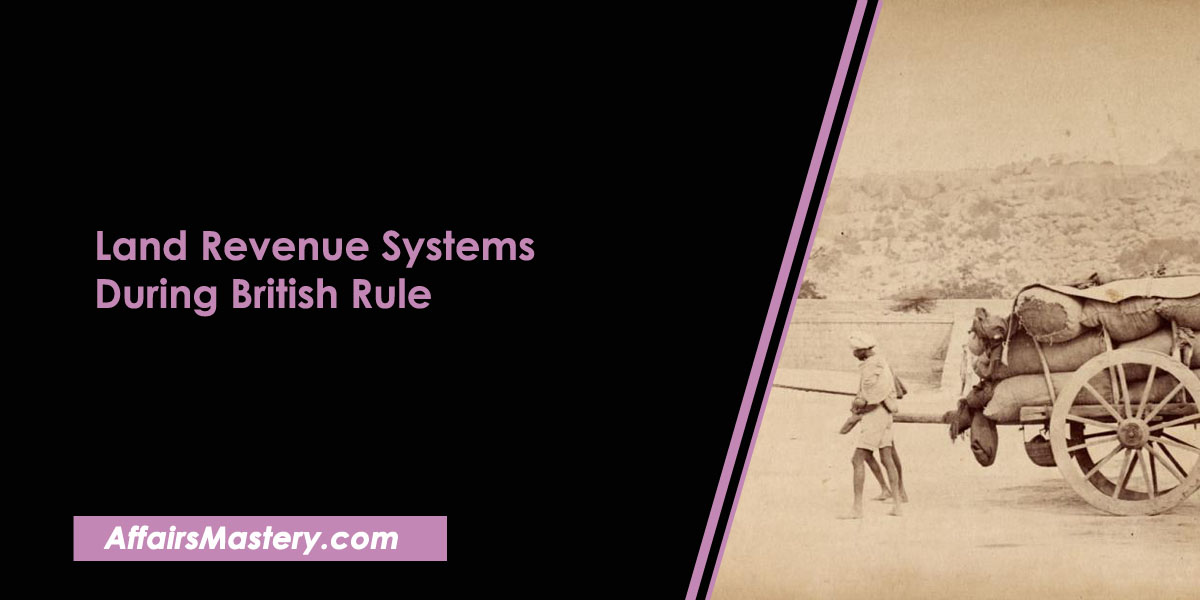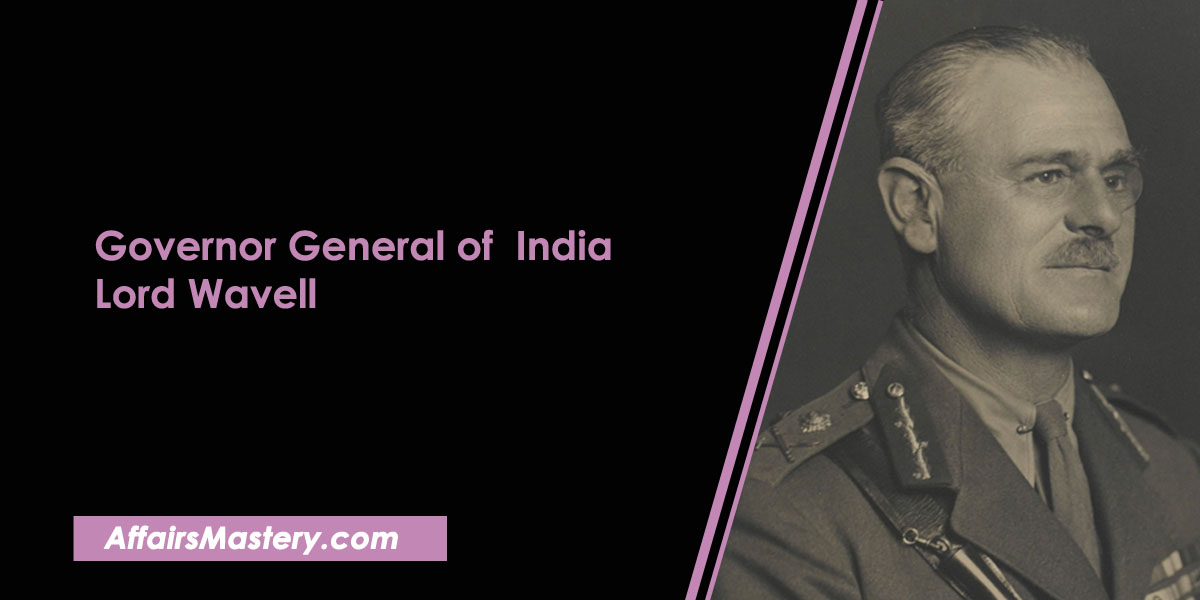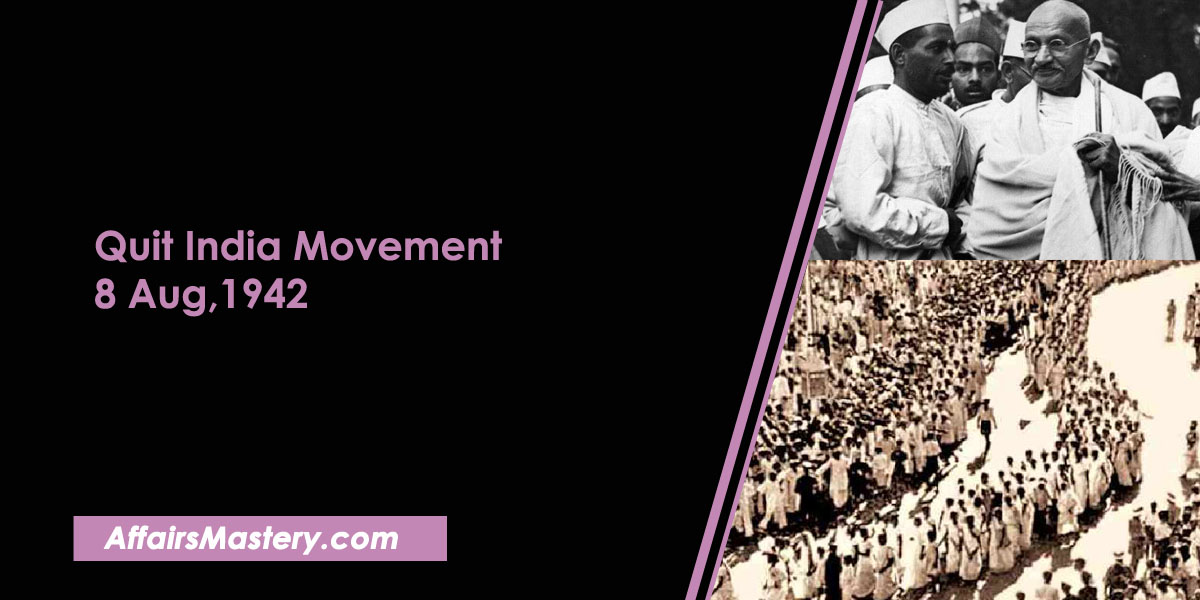Lord Willingdon – Important Short Notes for Exams
Lord Willingdon was the Governor General of India during the Colonial rule. During his time, Civil Disobedience Movement was continuing in its second phase. Many Important reforms and events occurred in his time. He had a great participation in Indian modern history. Topic is useful for UPSC, State exams and other exams and for general knowledge.
About
- Lord Willingdon(1866-1941), GCSI(Order of the Star of India), GCMG(Order of Saint Michael and Saint George), GCIE(Order of Indian Empire), GBE(Order of British Empire), PC(Privy Council) was a British Politician and a Colonial Adminstrator.
- Lord Willingdon was appointed as Lord-in-waiting to King George V, and he quickly became a favourite tennis partner of the monarch.
Events during his time in India
- Lord Willingdon was appointed as Crown Governor of Bombay on 17 Feb 1913.
- When Mahatma Gandhi returned to Bombay, Willingdon was one of the first person who welcomed him and had a meeting with Gandhi and described Gandhi as “honest but a Bolshevik and for that reason very dangerous“.
- Severe famine broke out in Kheda region in 1917, farmers were unable to pay taxes due to very harsh conditions but still the government increased the tax rate by 23% and there were no compensations.
- Due to this very reason, Kheda became the Gandhi’s first Satyagraha in Gujarat, India and supported by Sardar Vallabhbhai Patel, Mohan lal Pandya, etc.
- This event made the Gandhi very famous throughout the India and the Satyagraha was very successful.
- He became Viceroy and Governor General of India in 18 Apr 1931.
- He successfully convinced the Congress to join the second Round Table Conference(Sep 1931) where Gandhi represented the INC and Sarojini Nayudu represented the Indian women. However with all efforts, Government believed that Gandhi did not represented the communal issues and because of this, conference failed and called off on Dec 1931.
- During this time, Political situation got very bad in shape and it was the very critical situation. Other leaders were thought of restarting Civil Disobedience Movement(1931-34) once Gandhi came back from London. But Gandhi got arrested.
- Due to this reason, thousands of people came forward and protests erupted in whole India.
- Government dealt very harshly with this movement and used all the unnecessary options to stop this.
- Movement was crushed down shortly after. But there were lot of uprisings in different parts of India like in Alwar Rajasthan.
- On August 16, 1932, British Prime Minister Ramsay MacDonald made a significant move by introducing the Communal Award which is known as MacDonald Award and extended the separate electorate to the depressed classes and other minorities.
- The Poona Pact was an agreement reached in 1932 between Mahatma Gandhi and B. R. Ambedkar that aimed to protect the rights of India’s oppressed classes by providing them with more representation within society and reserved electoral seats.
- In November 1932, a third round table meeting was held in London without the presence of Congress as they were not invited to attend.
- Foundation of Congress Socialist Party(1934).
- During the time of Lord Willingdon’s rule, a devastating 8.4 scale earthquake struck Bihar(1934) causing immense destruction and loss of life. It destroyed the Munger and Muzaffarpur area.
- The Government of India Act 1935 abolished dyarchy in the provinces and replaced it with ‘provincial autonomy’.
- Willingdon smoothly implemented the Government of India act, 1935.
- The Government of Burma Act 1935 officially declared that they would gain independence on April 1, 1937, thus concluding 51 years of being a province under British India’s rule.
- Establishment of All India Kisan Sabha(1936) during Willingdon time.
- During his time, Lloyd Barrage was commissioned, construction of barrage at the mouth of the Indus River which brought millions of hectares of Thar desert under Irrigation.
- He also established Willingdon Airfield in Delhi.
- Once, he was denied to enter Royal Bombay Yacht Club because he was accompanied by Indian friends. Due to this event, he established Willingdon Sports Club in Bombay which was open to both Indian and Britishers.
- Willingdon acted as Chief Scout of the Bharat Scout and Guides in Canada and proudly took this role more than an ex-officio title.
If you find our content helpful and interesting, please consider joining us on Telegram @affairsmastery to show your support. We would really appreciate it!
Related articles
- Important Battles in Indian History
- Important treaties in Indian history
- List of Foreign Travellers who came to India
- List of Governor General of India and Viceroy of India
- Robert Clive – Important Short Notes for Exams
- Warren Hastings – Important Short Notes for Exams
- Lord William Bentinck – Important Short Notes for Exams
- Lord Canning – Important Short Notes for Exams
- Lord Mountbatten – Important Short Notes for Exams
- C. Rajagopalachari – Important Short Notes for Exams
- Lord Wavell – Important Short Notes for Exams
- Lord Linlithgow – Important Short Notes for Exams
- Non Cooperation Movement (1919-1922)
- Important Personalities related to Social Movements of India
- List of Important Personalities of Indian Freedom Struggle
- List of Important Books on Revolt of 1857 and their Author
- Important Leaders of 1857 Revolt and their places
- Constituent Assembly of India and its Composition: Important Short Notes
- Important Tribal Movements in India
- Direct Action Day 1946: Important Short Notes for Exams
- Interim Government of India, 1946 and its members
- Important Socio Religious Reform Movements in India – Short Notes
- Khilafat Movement (1919-1924) – Important Short Notes for exams
- Lucknow Pact, 1916 – About, Features, Outcome (Important Short Notes)
- C R Formula or Rajaji Formula, 1944 – About, Main Points (Important Short Notes)
- Wavell Plan, 1945 – About, Main Points (Important Short Notes)
